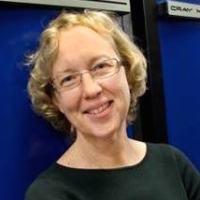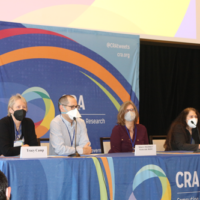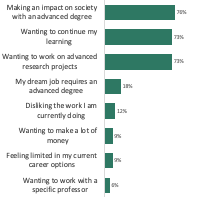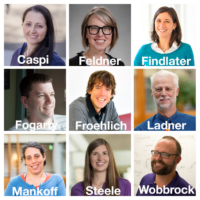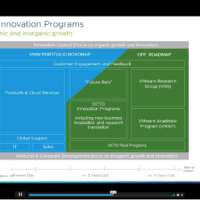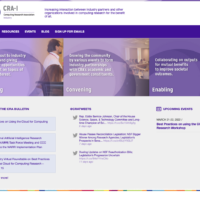CCC Releases “Meta Hybrid” Report Out
The Computing Community Consortium (CCC) sponsored a hybrid workshop “Best Practices for Hybrid Workshops” where around 30 participants from the fields of academia, industry, and government were given the opportunity to discuss the costs, benefits, and risks of Hybrid conferences, which have become increasingly prevalent since the beginning of Covid-19.
Organized by Sujata Banerjee (VMware), Maria Gini (University of Minnesota), Daniel P. Lopresti (Lehigh University), and Holly Yanco (University of Massachusetts Lowell), this workshop focused on discussing the increased inequities introduced by hybrid conferences, such as difficulties for visually and verbally impaired individuals to follow presentations, the loss of social interaction between conference participants, and problems with incompatible technologies, such as outdated software on participants’ computers.
We are very pleased to release the Meta Hybrid Visioning Report Out that synthesizes the findings and best practices from the visioning activity. The report focuses on sustainability, social factors, technology and accessibility in the context of hybrid settings.
You can view the full report here.


